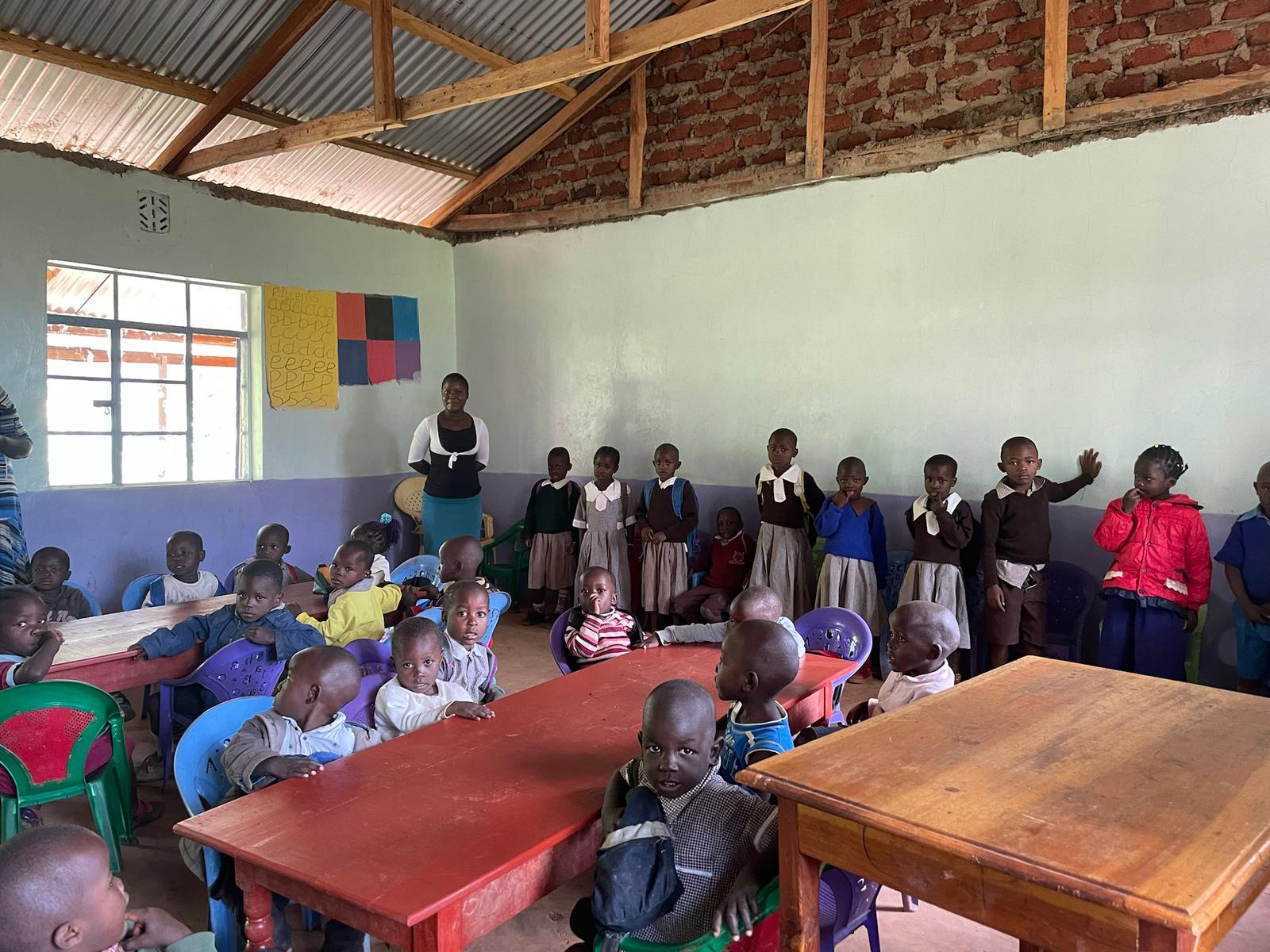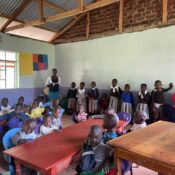
Education: A Lifeline for Children in Poverty
Education is one of the most powerful tools for breaking the cycle of poverty. For children living in challenging circumstances, access to quality education offers more than just knowledge—it opens doors to opportunities, empowers them to shape their futures, and paves the way for sustainable development in their communities.
The Role of Education in Fighting Poverty
Education provides children with the skills and knowledge needed to improve their lives and contribute to society. Here’s how it serves as a lifeline for children in poverty:
- Breaking the Cycle of Poverty
Education equips children with the tools to secure better-paying jobs and achieve financial independence. Studies have consistently shown that higher levels of education are associated with improved earning potential, reducing the likelihood of poverty being passed from one generation to the next. - Empowering Through Knowledge
Education helps children develop critical thinking, decision-making, and problem-solving skills. These abilities empower them to navigate life’s challenges and take control of their futures. - Promoting Health and Well-being
Educated individuals are more likely to make informed decisions about their health, hygiene, and nutrition. Additionally, education—especially for girls—has been linked to reduced child mortality rates and improved family health outcomes. - Encouraging Gender Equality
Education is a key driver of gender equality. It empowers girls to challenge societal norms, pursue careers, and become leaders in their communities. Educated girls are also more likely to educate their own children, creating a ripple effect of positive change. - Building Stronger Communities
Children who receive quality education often grow up to contribute to the economic and social development of their communities. They become advocates for change, helping to tackle issues like unemployment, inequality, and environmental challenges.
Barriers to Education for Children in Poverty
Despite its transformative power, millions of children in poverty face significant barriers to accessing education, including:
- Financial Constraints: Many families cannot afford school fees, uniforms, or supplies.
- Geographical Challenges: Rural areas often lack schools, trained teachers, or adequate infrastructure.
- Child Labor: Economic pressures force many children to work instead of attending school.
- Social and Cultural Factors: In some regions, discrimination based on gender, ethnicity, or disability limits access to education.
Addressing the Challenges
Efforts to ensure that every child receives an education must address these barriers through targeted interventions:
- Free and Inclusive Education: Governments and NGOs should prioritize free, quality education accessible to all children, regardless of their circumstances.
- Community Support Programs: Initiatives like school feeding programs, scholarships, and transportation can help alleviate the financial burdens faced by families.
- Investment in Teachers and Infrastructure: Building schools, training teachers, and providing necessary resources ensure a conducive learning environment.
- Awareness Campaigns: Educating communities about the importance of education, especially for girls, can help overcome cultural resistance.
The Transformative Impact of Education
The stories of children who escape poverty through education are inspiring and abundant. A young boy from a slum becoming a doctor, a girl from a remote village breaking barriers as an engineer—such narratives highlight the potential of education to change lives.
A Global Responsibility
Ensuring education for children in poverty is not just a moral obligation but a collective responsibility. Governments, organizations, and individuals must work together to create a world where every child has the opportunity to learn, grow, and thrive.
Conclusion
Education is a fundamental human right and a powerful weapon against poverty. For children in need, it is the beacon of hope that leads to a brighter future. By investing in education, we not only uplift individual lives but also build stronger, more equitable societies.
Let us champion education as a universal priority and ensure that every child, no matter their background, has the chance to unlock their potential. Together, we can transform lives and create a world where poverty no longer stands in the way of a child’s dreams.




